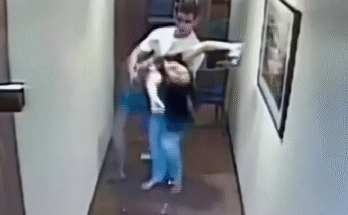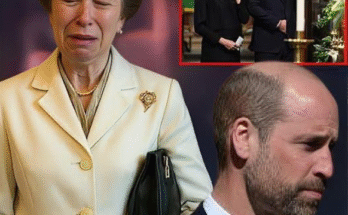Adopting a child is a profound commitment, filled with hope and the promise of building a loving family. However, when our newly adopted 4-year-old daughter approached me one evening, her eyes wide with fear, and whispered, “Mommy, don’t trust Daddy,” my heart sank. This unsettling statement marked the beginning of a challenging journey that tested our family’s resilience and trust.
Initially, I was taken aback, struggling to process her words. My husband had been a devoted partner and was enthusiastic about expanding our family through adoption. His interactions with our daughter seemed affectionate and genuine. However, her plea couldn’t be ignored. I gently probed, asking her to explain, but she clammed up, retreating into silence. Recognizing the delicacy of the situation, I decided not to press further immediately.
Understanding the complexities of adoption, especially involving children who may have experienced trauma, I sought guidance from professionals. I contacted a child psychologist specializing in adoption-related issues. The psychologist emphasized the importance of creating a safe space for our daughter, allowing her to express herself without pressure. We scheduled regular therapy sessions to help her articulate her feelings and experiences.
Simultaneously, I observed interactions between my husband and our daughter more closely. While there were no overt signs of misconduct, I noticed subtle cues: she seemed apprehensive around him, flinching at sudden movements or avoiding physical contact. These behaviors, though not definitive, raised concerns.
In therapy, our daughter gradually opened up. She recounted experiences from her past foster homes, where she had encountered neglect and witnessed domestic conflicts. These traumatic events had understandably skewed her perception of parental figures, especially male ones. The psychologist explained that her mistrust towards my husband might stem from these past experiences, projecting previous abusers’ images onto him.
Armed with this insight, my husband and I committed to rebuilding our daughter’s trust. He participated in therapy sessions, learning how to approach her in non-threatening ways and understanding her triggers. We established routines to provide her with a sense of stability and control. For instance, allowing her to choose activities for family time or letting her set the pace for physical affection.
Progress was gradual. There were days filled with setbacks and frustration, but also moments of breakthrough. One evening, while watching a movie together, she cautiously rested her head on my husband’s shoulder. It was a small gesture, but it signified a monumental step towards trust.
Throughout this journey, open communication between my husband and me was crucial. We attended counseling sessions to navigate the emotional toll and ensure we presented a united, supportive front for our daughter. We also educated ourselves about trauma-informed parenting, recognizing that patience and empathy were essential.
Reflecting on this experience, I realized the importance of listening to and validating our child’s feelings, even when they are difficult to hear. Her initial warning wasn’t a reflection of my husband’s character but a manifestation of her past traumas. By addressing her fears with compassion and seeking professional support, we were able to heal as a family.
Today, our bond is stronger than ever. Our daughter feels secure, knowing she is heard and loved unconditionally. This journey taught us that trust is built through consistent, loving actions and that with dedication, even the deepest wounds can mend.


